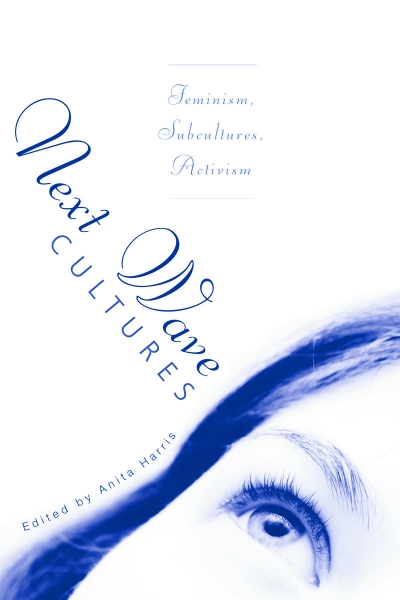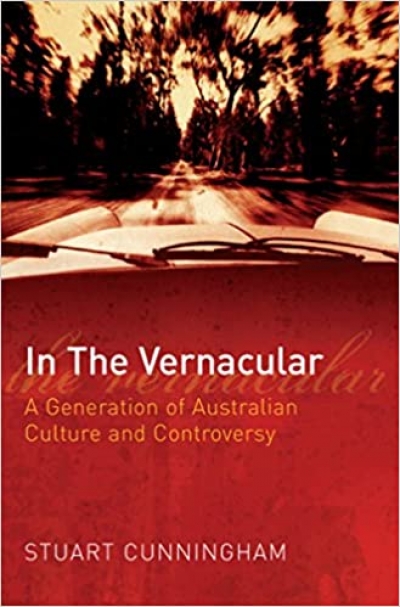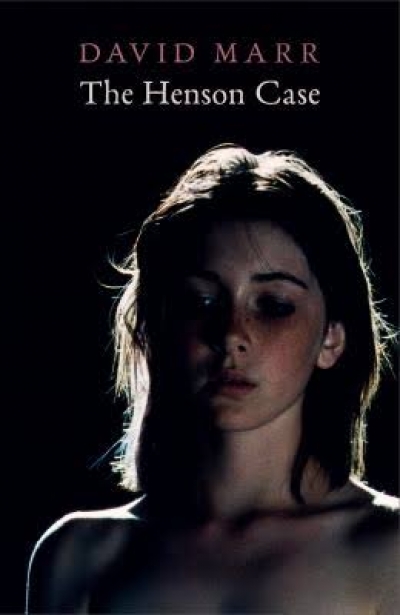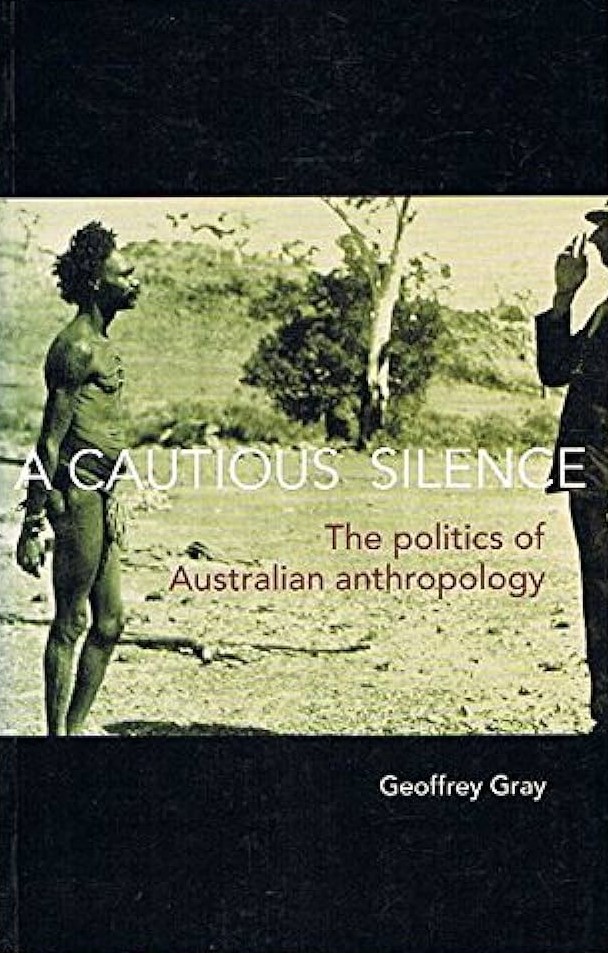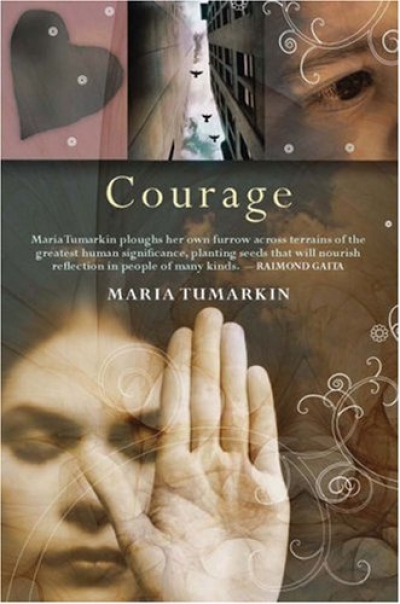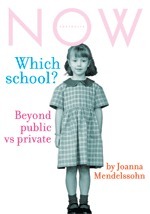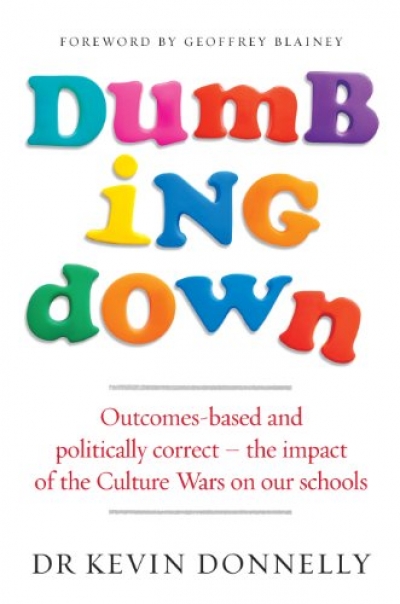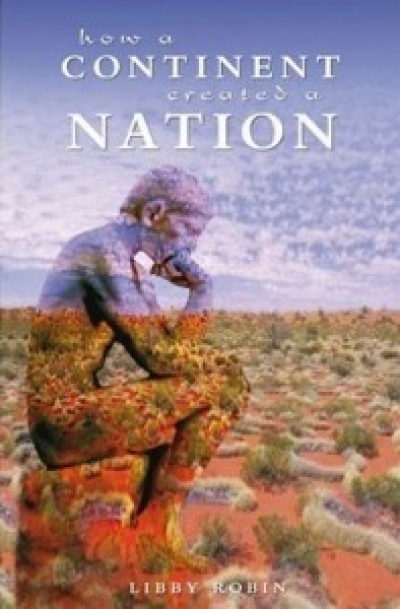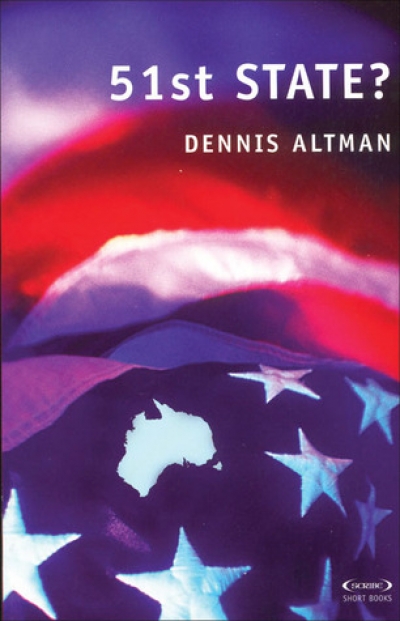Society
Wave Cultures: Feminism, subcultures, activism edited by Anita Harris
The familiar triumvirate of globalisation, advanced technology and consumerism has altered feminist, activist and subcultural practices so dramatically that their originators have trouble recognising them, and academics are racing to keep up. Next Wave Cultures acknowledges and embraces these upheavals in women’s social and political action. Anita Harris has selected a motley group of eleven essays that cover a diverse range of lifestyles, identities, communities and activities.
... (read more)In the Vernacular: A generation of Australian culture and controversy by Stuart Cunningham
‘I never thought Australia needed culture of any kind,’ drawls Barry Humphries in Not Quite Hollywood, Mark Hartley’s recent documentary on Australian ‘trash’ cinema of the 1970s and 1980s. Perverse aesthete that he is, Humphries cannot resist the idea that lack of refinement might be a sign of vitality: ‘Culture is yoghurt, isn’t it, or mould? It grows on decaying things.’
... (read more)A Cautious Silence: The politics of Australian anthropology by Geoffrey Gray
A Cautious Silence is about the establishment of anthropology as an academic and applied discipline in Australia from about 1920 until after World War II. During this period, anthropological research in Australia largely focused on indigenous Australia, New Guinea, Papua and some Pacific islands. A signal event marking the beginning of the period covered in the book was the foundation in 1921 of the Australian (rather than British) National Research Council (ANRC). Marking the end were the debates over the establishment of the Woomera Rocket Range and the consequences for Aborigines in the region. Geoffrey Gray’s afterword deals briefly with university and research politics in the 1950s and 1960s.
... (read more)From the horror of ‘traumascapes’ – the eponymous subject of Tumarkin’s first book (2005) – to the noble quality we call courage is one of those small steps that equate to giant leaps. Having spent a long time thinking and writing about the devastation caused to particular sites during the harsher episodes of recent history, Tumarkin has moved on to the human sentiments associated with those acts. Courage is not the only one, but because it appears so positive and universal it is a prime subject for interrogation, even deconstruction. (Yes, Maria, I know this is the theory-speak you disdain, but like the language of science, its vocabulary can lead to clarification as well as obfuscation.)
... (read more)Which School?: Beyond public vs private by Joana Mendelssohn
Joanna Mendelssohn is best known as an art critic and historian. After the publication of an essay in The Griffith review entitled ‘Going Private’, Pluto Press commissioned her to write a piece for its Now Australia series. Similar to Black Inc.’s Quarterly Essays, but even more determinedly non-academic, the Pluto Press format is part of a publishing phenomenon and covers a range of political, intellectual and cultural views on public issues and debates. The authors are not necessarily experts in the area they write about, nor are their views always based on systematic, in-depth research.
... (read more)Dumbing Down: Outcomes-based and politically correct – the impact of the culture wars on our schools by Kevin Donnelly
Readers of The Australian could not fail to have noticed the numerous articles written by Kevin Donnelly over the last few years complaining about the ‘parlous’ state of Australian education. With extraordinary repetition, Donnelly has called for a return to a syllabus approach, the books of the canon and teacher-directed literature classes, where students are presented with universal truths.
... (read more)Regardless of debates over Australian cultural identity, the flag and a potential republic, the ‘Green and Gold’ colours of our national sporting teams are recognised worldwide. The Golden Wattle (Acacia pycnantha), from which these colours are derived, was first proposed as a national flower in the 1880s during the prelude to Federation. However, it was not until the 1988 Bicentenary Celebrations that it was formally declared as Australia’s floral emblem. Why was the wattle chosen for this honour over its main competitor, the spectacular red waratah? And what was the significance of using wattle as a symbol of national unity and mourning in the wake of the 2002 Bali bombings?
... (read more)That quintessential Australian–American, Rupert Murdoch, recently counselled Australians against ‘the facile, reflexive, unthinking anti-Americanism that has gripped much of Europe’. While I confess to a certain Schadenfreude when the chief propagandist for the second Iraqi war, which has contributed mightily to that European alienation, seeks to come to grips with the war’s consequences, I think it unlikely that Australia will go down the European path. For Australians, the American relationship looms much larger than it does for Europeans. As Dennis Altman shows in his elegant and argumentative essay 51st State?, the relationship is deep-rooted in our history, psyche, and culture. We were, after all, one by-product of the American War of Independence. For him, the danger is not so much anti-Americanism but that, in ‘a world dominated by the American imaginary’, we, like Rupert’s News Corporation, might lose our national identity.
... (read more)If we cannot end now our differences, at least we can make the world safe for diversity.
President John F. Kennedy, Address to the American University, Washington DC, 10 June 1963
In March 1966 the first students arrived at Flinders University. They were typical of their time. Men outnumbered women two to one. Most lived at home with their parents, their background overwhelmingly middle class. A survey in the first years of the new institution confirmed that Flinders students were not politically radical. A slim majority indicated support for the government of Harold Holt. Only a handful opposed American and Australian involvement in Vietnam. If conservative about political change, Flinders students did not forgo commencement day pranks, with a mock Russian submarine being pushed into the university lake. Four decades ago, most students starting at Flinders were destined for teaching or the public service.
... (read more)

